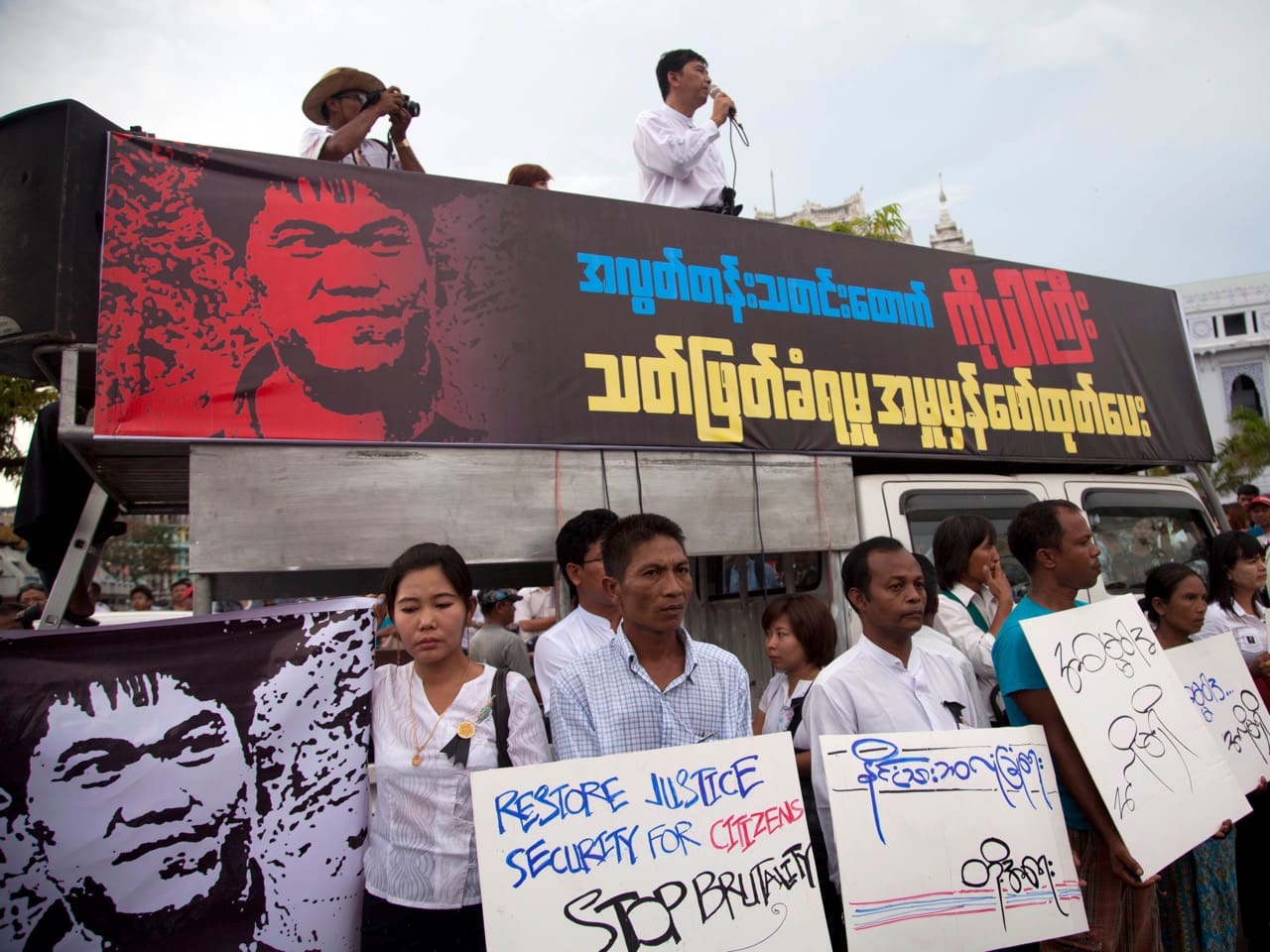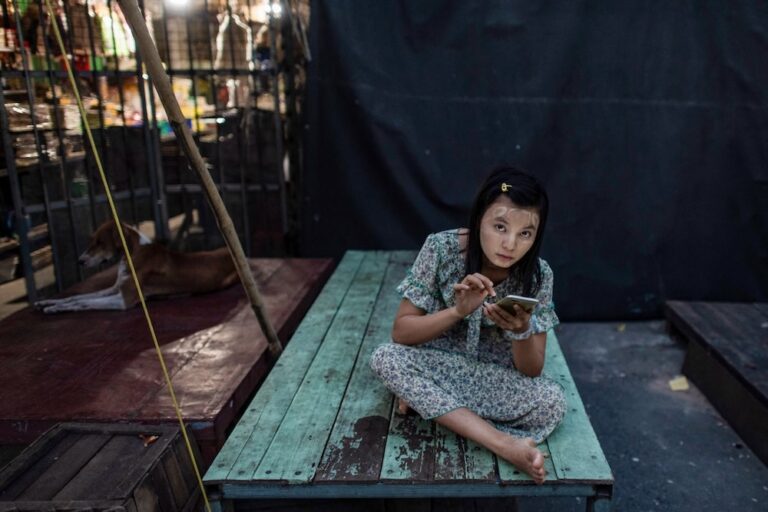"It's totally unacceptable," said Burma's incoming information minister on the court recommendations to close the case of freelance journalist Par Gyi, who was killed while in military custody in 2014.
This statement was originally published on seapa.org on 30 March 2016.
By Kyaw Ye Lynn, a 2014 SEAPA fellow
“It’s totally unacceptable,” said Myanmar’s incoming information minister Pe Myint on the court recommendations to close the case of a freelance journalist who was killed while in military custody in 2014.
Local police in Kyaikmayaw Township of Mon state, eastern Myanmar made the recommendation after three courts declared the case of Aung Kyaw Naing, also known as Par Gyi, as a “mistake.” The police issued the information on the court decision on 21 March 2016, a few days before the Aung San Suu Kyi-led National League for Democracy (NLD) takes over the government.
“As we all know, there must have at least [been] a murder in this case,” said Pe Myint in an interview. “We must keep working to bring this case to justice,” he added.
Par Gyi, 49 years old, was reporting on clashes between the military and ethnic Karen rebels when the Myanmar army detained him on 30 September 2014. Five days later, the journalist was shot to death. Autopsy reports showed that Par Gyi was tortured before he was killed.
The murder of Par Gyi stands as one of the harshest indictments of the outgoing administration’s reformist narrative. It is the only case of the killing of a journalist in Myanmar since 2012. Following local and international criticism, President U Thein Sein ordered an investigation into the murky circumstances of Par Gyi’s death.
No person has been formally charged with committing the crime. According to a court verdict, the journalist died of gunshot wounds. A Kyaikmaraw Township judge ruled that Ko Par Gyi was murdered. The ruling, however, failed to name anyone responsible despite reports that identified the involvement of two soldiers and the military unit that detained him.
The handling of the court proceedings by government-appointed Myanmar National Human Rights Commission (MNHRC) was kept under scrutiny throughout the investigation. MNHRC discovered that a Court Martial acquitted the soldiers.
The MNHRC stated: “for attainment of the fundamental rights of the citizens and also for transparency in the eyes of the public, [that] this case should be tried in a civil court.”
Thandar, Par Gyi’s wife and newly-elected lawmaker for the NLD, said she will not give up until someone is held accountable for her husband’s death: “We are preparing to re-submit the case.”
“Under the new civilian government, we could fight to end such impunity,” she told SEAPA.
Only a few newspapers published the letter on the court decision, which was sent to Ma Thandar on March 24.
“Media attention is on the new government and parliament, but I will never forget Par Gyi’s death,” said lawyer Robert San Aung. He added: “It’s not just because he is my client, but this (March 21 court decision) is a failure of justice.”
“This is really disappointing,” SEAPA executive director Edgardo Legaspi said on learning about the development in the case. “The court decision makes it harder for the incoming government to find and punish those responsible for the crime.”
“The recent acts of authorities perpetuate the culture of impunity in Myanmar,” Legaspi said.



